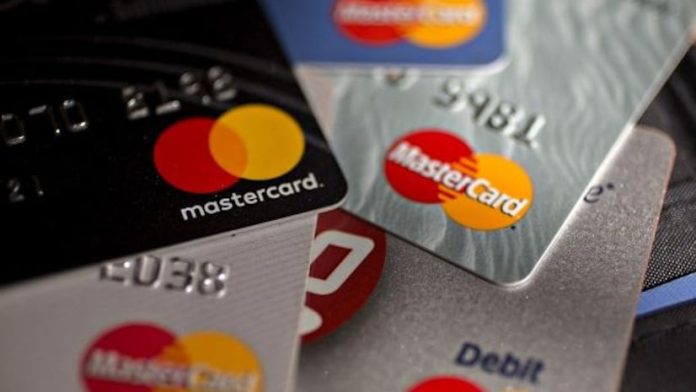Although the healthcare sector is complex, payments may be simple.
Healthcare payments—especially B2B payments—remain a sea of inefficiencies and issues because of complex billing systems that involve numerous codes, regulations, compliance requirements, and other factors.
Healthcare stakeholders—providers, payers, insurers, and technology providers—must collaborate to improve processes, foster more openness, and adopt innovative approaches in order to overcome these challenges.
The use of virtual cards in B2B healthcare is one of the most promising solutions; it has already shown promise in at least one market, the Indian healthcare sector.
“By using virtual cards, we’ve been able to speed up the overall payment process between insurance companies and medical providers,” says Chad Wallace, EVP and Global Head of Commercial Solutions at Mastercard, in an interview.
Healthcare payment cycles can be long, with lengthy approval and reimbursement periods. This can cause cash flow concerns for healthcare providers and companies, compromising their financial stability.
Wallace notes that Indian healthcare providers have traditionally had to endure long wait times when receiving payments from insurance companies, and he explains that virtual cards allow insurance companies and medical providers “to collaborate in a more real-time environment.”









